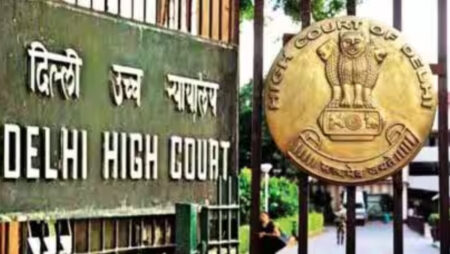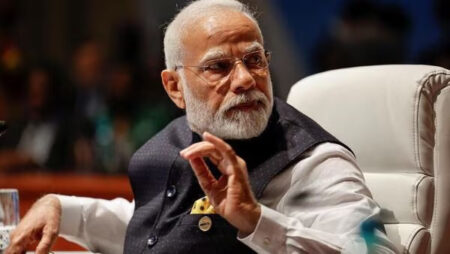Doctors vs. Rajasthan’s Right to Health : The Jan Swasthya Abhiyan (JSA) Rajasthan has urged the Governor Kalraj Mishra to sign and give his assent to the Right to Health Bill at the earliest. The JSA has also appealed to the state government to start framing the rules under the Act immediately to ensure timely implementation and avail the benefits of the law.

JSA Rajasthan Urges Prompt Implementation of Right to Health Bill
The Jan Swasthya Abhiyan (JSA) in Rajasthan, which played a key role in the Right to Health Bill, has urged Governor Kalraj Mishra to promptly sign the bill and requested the state government to immediately begin drafting the rules for its implementation. The JSA has also recommended involving civil society organizations, public health experts, public representatives, and patient groups in the process.
At a recent convention in Jaipur attended by various stakeholders, the JSA offered suggestions to the state government, including outlining detailed rules for each clause of the bill, providing adequate budgetary allocations, ensuring access to primary and emergency health services, appointing grievance officers, and raising awareness about the law.

Suggestions included outlining detailed rules for every clause, allocating an adequate budget, providing primary and emergency medical care within reasonable distances, appointing grievance officers, and allowing patients to file complaints through a web portal or helpline. They also recommended involving civil society, public health experts, and local communities in decision-making and organising regular public programmes to increase awareness. JSA Rajasthan offered to assist the government in these efforts.
What does Rajasthan’s Health Act say?
The Right to Health Act in Rajasthan aims to establish a state-supported health insurance system, reduce out-of-pocket expenses for patients, and improve access to healthcare services, particularly in rural and remote areas. The Act includes provisions for the establishment of a state health agency and fund, the provision of essential healthcare services to all residents, a health information system, training for healthcare workers, emphasis on preventive healthcare and community participation, punishment for medical negligence, and a grievance redressal mechanism.
Why RTH faced opposition from doctors?
Despite the well-intentioned nature of Rajasthan’s Right to Health Act, it faced opposition from doctors concerned about the impact on their autonomy and compensation. Doctors are protesting the bill, stating that it penalizes them and hospitals and does not do much to benefit patients. The most contentious section of the bill requires all hospitals, public and private, to provide emergency treatment without prepayment when necessary.

They also argue that there is no clarity on how and when hospitals will be reimbursed for their expenses. Additionally, some doctors are concerned that the redressal mechanisms outlined in the bill will not allow them to work in peace.
However, after extensive negotiations, the government and doctors’ associations reached an agreement. The government committed to paying doctors comparable remuneration to their private practise and ensuring timely payments unaffected by the state-supported health insurance system’s status. The government also guaranteed that healthcare professionals would not be compelled to work in government-run hospitals.
Right to Health and the Supreme Court of India
The right to health is not explicitly mentioned in the Indian Constitution, but it is derived from Article 21, which guarantees the right to life and personal liberty. The Supreme Court has interpreted this to include the right to good health and medical care.

For instance, in the case of Paschim Banga Khet Mazdoor Samity & Ors. v. State of West Bengal & Ors., the Supreme Court of India directed the government to take various measures to ensure access to healthcare for workers in the unorganized sector, such as setting up mobile medical units and providing essential medicines.
In the case of State of Punjab v. Mohinder Singh Chawla, the Supreme Court held that a government hospital’s negligence resulting in the death of a patient amounted to a violation of the Right to Life under Article 21 of the Constitution.













